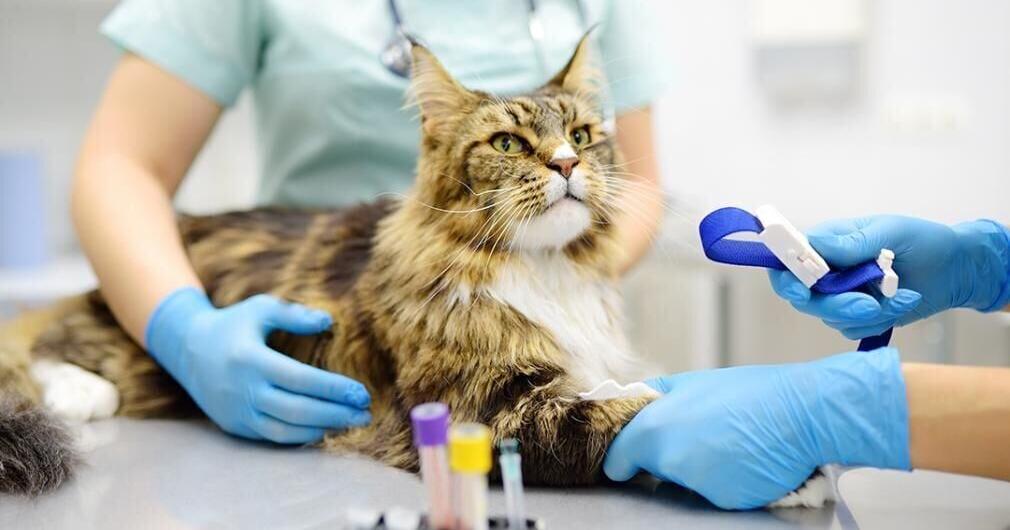As temperatures drop and winter approaches, many pet owners may notice changes in their senior pets’ behavior and health. Cold snaps can lead to increased stiffness in joints, making it essential for owners to adapt their care routines. Understanding these challenges is crucial for maintaining the well-being of older pets during the chilly months.
The impact of cold weather on senior pets is significant. According to veterinarians, the combination of low temperatures and inactivity can exacerbate arthritis and other joint issues, which are common in older animals. Heather Drievold, a pet care expert, emphasizes the importance of gentle exercise to help maintain mobility and overall health in senior dogs. Simple activities, such as short walks, can make a considerable difference.
Strategies for Keeping Senior Pets Comfortable
Pet owners can take several steps to ensure their senior companions remain comfortable and active throughout winter. First, providing a warm, cozy environment is essential. Pets should have access to soft bedding and shelter from drafts, as well as a warm spot to rest. Additionally, maintaining a consistent routine can help alleviate stress for senior pets, who may become anxious with changes in their environment.
Proper nutrition also plays a key role in keeping older pets healthy. Veterinarians recommend high-quality, age-appropriate food that supports joint health. Many manufacturers offer formulas enriched with nutrients like omega-3 fatty acids, which can help reduce inflammation and maintain joint function.
Regular veterinary check-ups are also crucial during this time. Veterinarians can assess any changes in a pet’s health and recommend appropriate treatments or therapies. From joint supplements to pain management options, professional guidance can aid in keeping senior pets active and comfortable through winter.
Engaging Senior Pets in Winter Activities
While outdoor activities may be limited due to cold temperatures, pet owners can engage their senior pets in various indoor exercises. Interactive toys and games can stimulate their minds and keep them physically active. Simple activities like hide-and-seek or gentle tug-of-war can provide mental and physical benefits, ensuring that senior pets remain engaged.
Moreover, social interaction is vital for the emotional well-being of senior pets. Arranging playdates with other gentle pets or spending quality time with family members can help alleviate feelings of isolation that may arise during the winter months.
In summary, winter presents unique challenges for senior pets, but with proactive measures, pet owners can ensure their companions remain healthy and active. Incorporating gentle exercise, proper nutrition, and regular veterinary care are essential steps in managing their well-being during the colder months. By making these adjustments, pet owners can help their senior pets enjoy a comfortable and fulfilling winter season.







